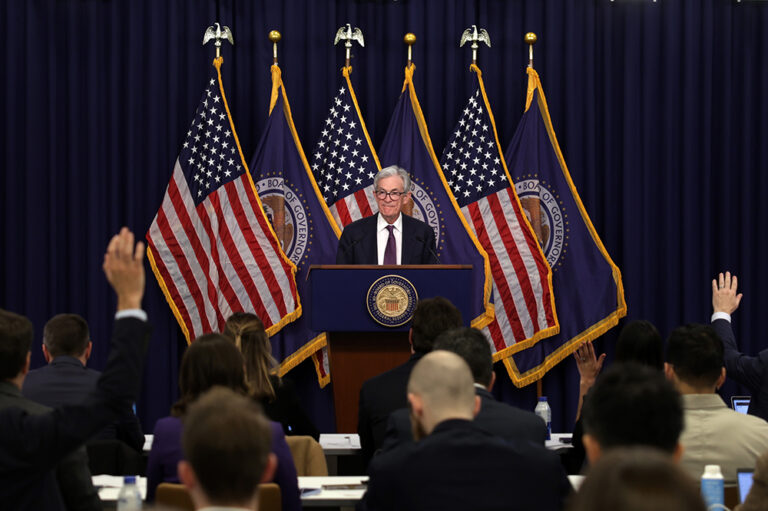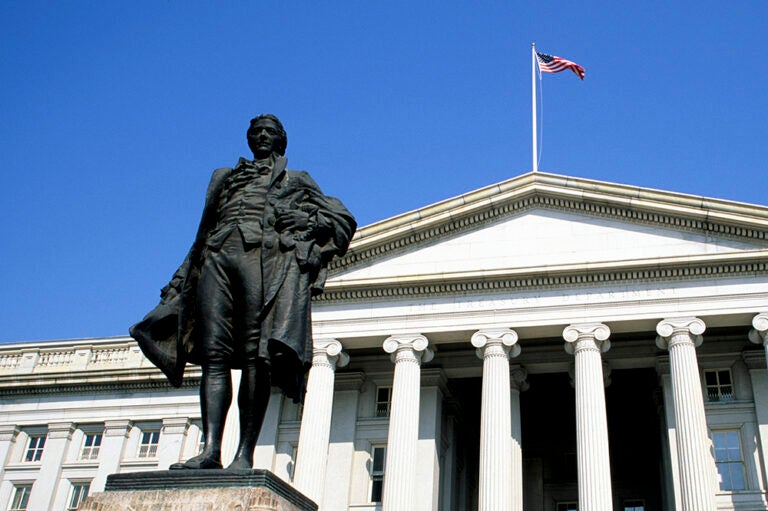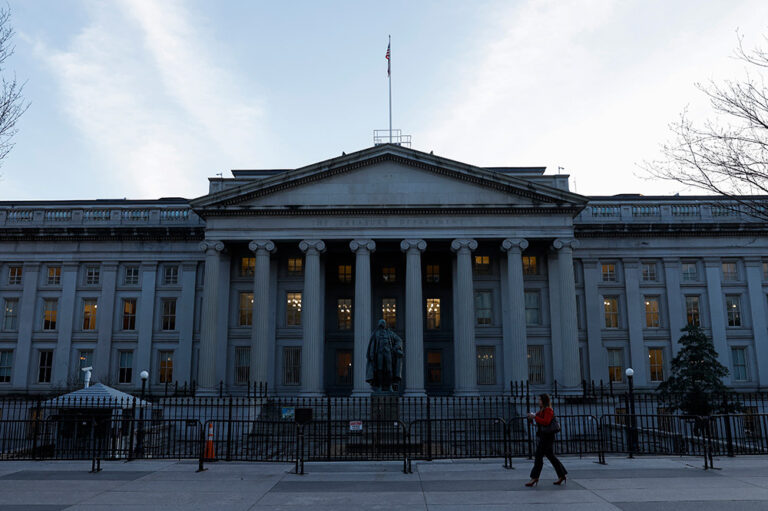Poll: Voters Don’t Want New Legislation or Tax Cuts that Increase the National Debt
This year, President Trump and the new Congress face a series of high stakes fiscal policy decisions including the debt ceiling, a government funding deadline and — perhaps most importantly — the expiration of trillions in tax cuts.
New polling shows that Americans have little appetite for new legislation that adds to our $36 trillion and rising national debt. In fact, strong majorities of voters across party lines are urging lawmakers to reduce deficits compared to current-law levels. More specifically, nearly 8-in-10 voters are calling on the new administration and Congress to ensure that any changes in tax policy this year do not add to the debt.
Commenting on these results, Michael A. Peterson, CEO of the Peterson Foundation, said “As a new president and Congress take office, voters across the political spectrum see the need to prioritize addressing our $36 trillion and rising national debt. When it comes to the major tax reform debate in 2025, Americans are clear that lawmakers should ‘do no fiscal harm’ by making sure that any changes to the tax system don’t make our debt any worse. We’re already on track to add $22 trillion more in new debt over the next ten years, including $14 trillion in interest payments, so the time to act is now.”
Image by Mark Wilson/Getty Images
Further Reading
The Fed Reduced the Short-Term Rate Again, but Interest Costs Remain High
High interest rates on U.S. Treasury securities increase the federal government’s borrowing costs.
What Types of Securities Does the Treasury Issue?
Learn about the different types of Treasury securities issued to the public as well as trends in interest rates and maturity terms.
Quarterly Treasury Refunding Statement: Borrowing Up Year Over Year
Key highlights from the most recent Quarterly Refunding include an increase in anticipated borrowing of $158 billion compared to the same period in the previous year.


